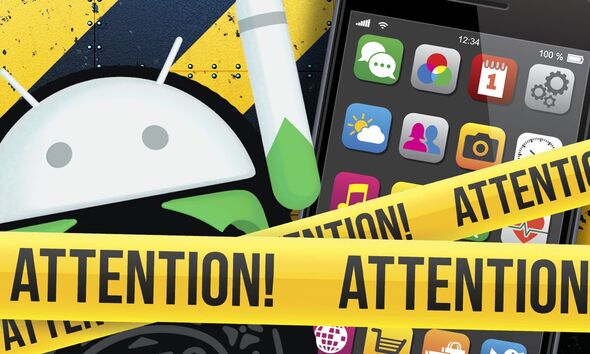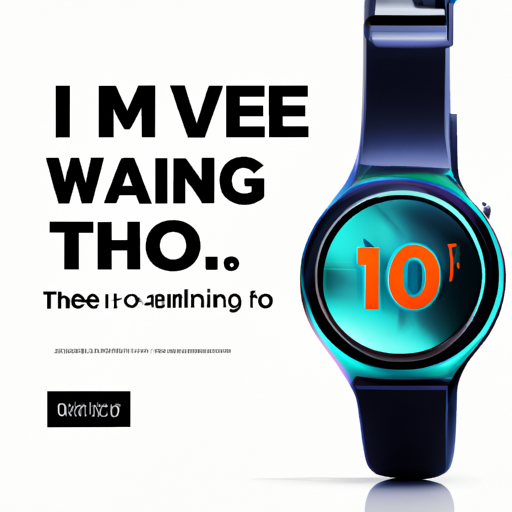2023-09-04 13:25:03
Today marks an important milestone in the history of the internet: Google’s 25th birthday. With billions of search queries submitted each day, it’s difficult to remember how we ever lived without the search engine.
What was it about Google that led it to revolutionize information access? And will artificial intelligence (AI) make it obsolete, or enhance it?
Let’s look at how our access to information has changed through the decades – and where it might lead as advanced AI and Google Search become increasingly entwined.
1950s: public libraries as community hubs
In the years following the second world war, it became generally accepted that a successful post-war city was one that could provide civic capabilities – and that included open access to information.
In the 1950s, information in Western countries was primarily provided by local libraries.
 Get a Free Speed Boost on Your Internet Connection: The One Surprising Trick Virgin Media Users Need to Try Now
Get a Free Speed Boost on Your Internet Connection: The One Surprising Trick Virgin Media Users Need to Try NowLibrarians themselves were a kind of 'human search engine'. They answered phone queries from businesses and responded to letters – helping people find information quickly and accurately.
Libraries were more than just a place to borrow books. They were where parents went to look for health information, where tourists requested travel tips and where businesses sought marketing advice.
The searching was free, but required librarians' support, as well as a significant amount of labor and catalogue-driven processes. Questions we can now solve in minutes took hours, days or even weeks to answer.
1990s: the rise of paid search services
These systems were so complex that only trained specialists could search, with consumers paying for results.
But searching with it wasn’t simple. Users had to remember typed commands to select a collection, using specific words to reduce the list of documents returned. Articles were ordered by date, leaving the reader to scan for the most relevant items.
FT PROFILE made valuable information rapidly accessible to people outside business circles, but at a high price. In the 1990s access cost £1.60 a minute – the equivalent of £4.65 today.
 Is your Wi-Fi speed being murdered? The common mistake all BT broadband users must check today
Is your Wi-Fi speed being murdered? The common mistake all BT broadband users must check todayThe rise of Google
Following the world wide web's launch in 1993, the number of websites grew exponentially.
Libraries provided public web access, and services such as the State Library of Victoria's Vicnet offered low-cost access for organizations.
In 1994, the book Managing Gigabytes, penned by three New Zealand computer scientists, presented solutions for this problem.
Since the 1950s, researchers had imagined a search engine that was fast, accessible to all and which sorted documents by relevance.
In the 1990s, a Silicon Valley start-up began to apply this knowledge – Larry Page and Sergey Brin used the principles in Managing Gigabytes to design Google's iconic architecture.
After launching on 4 September 1998, the Google revolution was in motion. People loved the simplicity of the search box, as well as a novel presentation of results that summarized how the retrieved pages matched the query.
 A Disturbing Bug in a Popular Android App Has Led Google to Take Drastic Action: Check Your Phone Now!
A Disturbing Bug in a Popular Android App Has Led Google to Take Drastic Action: Check Your Phone Now!In terms of functionality, Google Search was effective for a few reasons.
It used the innovative approach of delivering results by counting web links in a page (a process called PageRank). But more importantly, its algorithm was very sophisticated; it not only matched search queries with the text within a page, but also with other text linking to that page (this was called anchor text).
Google's popularity quickly surpassed competitors such as AltaVista and Yahoo Search.
With more than 85% market share today, it remains the most popular search engine.
As the web expanded, however, access costs were contested.
Although consumers now search Google for free, payment is required to download certain articles and books.
 Phones LTD Offers Samsung S23 Ultra EE Deals with Complimentary Galaxy Watch5
Phones LTD Offers Samsung S23 Ultra EE Deals with Complimentary Galaxy Watch5Many consumers still rely on libraries – while libraries themselves struggle with the rising costs of purchasing material to provide to the public for free.
What will the next 25 years bring?
With the introduction of AI tools, including Google's Bard and the recently announced Gemini (a direct competitor to ChatGPT), Google is set to revolutionize search once again.
As Google continues to roll generative AI capabilities into Search, it will become common to read a quick information summary at the top of the results page, rather than dig for information yourself. A key challenge will be ensuring people don't become complacent to the point that they blindly trust the generated outputs.
Moreover, even if AI tools revolutionize search, they may fail to revolutionize access.
The rise of AI provides an opportunity to revisit the tensions between public access and increasingly powerful commercial entities.
By Prof Mark Sanderson, Prof Julian Thomas, PhD researcher Kieran Hegarty and Prof Lisa M Given
 Discover the Samsung S23 Ultra EE Deals with Phones LTD: Don't Miss the Chance to Receive a Complimentary Galaxy Watch5!
Discover the Samsung S23 Ultra EE Deals with Phones LTD: Don't Miss the Chance to Receive a Complimentary Galaxy Watch5!Lisa M Given is a professor of information sciences and director of the Social Change Enabling Impact Platform. Kieran Hegarty is a librarian and PhD researcher in the School of Global, Urban and Social Studies. Julian Thomas is a professor of media and communications and director of the ARC Centre of Excellence for Automated Decision-Making and Society. Mark Sanderson is dean of research and innovation for engineering and computing technologies.
All the researchers work at the Royal Melbourne Institute of Technology (RMIT) University.
Thank you for reading! For more interesting news and updates, visit our Home page here. And don't forget to join our telegram channel here to receive similar news.
If you would like to know other articles similar to The Unforeseen Threat to Google's Longevity: Will AI Deter Its 50th Anniversary? updated this year 2024 you can visit the category Breaking Tech News.


Leave a Reply